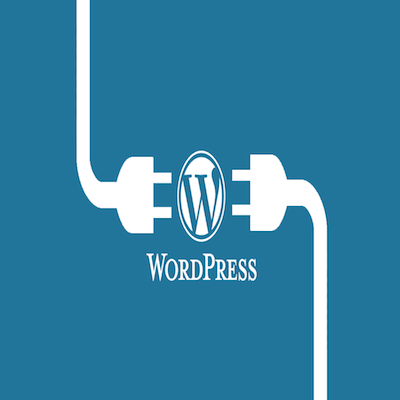Benefits of Using WordPress
WordPress powers approximately one third of the world’s websites, from small personal blogs to the complex sites of major corporations such as Time Inc., Sony, the New York Post, and NBC. WordPress is only one of the site builders and content management systems anyone can download and install for free, but it has unique features that make it the most popular content management system in use today.
WordPress vs. the Competition
WordPress is tops the list of the three most often used site building packages in the world, followed by Drupal and Joomla. All are absolutely free to download and use, all come with numerous add-ons for specialized functionality, and all can be customized to suit the needs of individual users.
But, both Drupal and Joomla require a certain level of technical know-how and familiarity with HTML and the programming language PHP. WordPress allows experienced users to work at that level, too—but, unlike Drupal and Joomla, it also includes features that beginners can use, so that they can set up a site quickly with no good knowledge of code or programming.
Here’s some list of key benefits of using WordPress to set up and run your business or personal site.
1. Adaptable and Flexible for Changing Needs
Although WordPress was basically designed to support blogging and related types of online publishing, it also powers a wide range of sites with other purposes. WordPress used to run complex sites for large multinational corporations, create personal blogs, and manage small businesses. WordPress sites can contain full service ecommerce stores, showcase a portfolio, or host a social network, podcast or group. Whatever any company’s requirements, the core WordPress package plus a combination of its many plugins can make a site to suit. Thanks a lot for WordPress many themes and easy access to its source files, WordPress is also endlessly adaptable to a company’s changing needs.
2. User-friendly—Even for Beginners
A WordPress site can be installed and running in a matter of minutes, even without any technical expertise. All user needs only domain name and a hosting account. WordPress can be installed free through your hosting provider or uploaded directly from WordPress.org. From there, an intuitive and easy to manage Admin dashboard has all the features needed to customize key features like a layout, site’s heading, and to start creating pages and posts right away.
3. Themes Offer Multiple Options
WordPress themes offer users an array of choices for fine-tuning the functions and appearance of a new site, thanks to its large and growing directory of themes. Most of these themes are instantly available to a new site owner and developer through the WordPress theme directory, and thousands more can be purchased through design marketplaces and third-party designers from around the world. Themes can be previewed live and installed at any time to change the look and layout of your WordPress site.
4. Plugins Extend Functionality
WordPress provide all the elements needed to create a basic site, but many users want more specialized functions related to a site’s specific needs. The WordPress plugin directory provide hundreds of plugins—small pieces of code designed to perform specific tasks—that allow users to add features such as shopping carts, contact forms, galleries, and many more to any compatible WordPress site. Anyone can also purchase and install hundreds of custom plugins from third-party. Plugins can be uninstalled and activated or deactivated as needed as a site evolves.
5. WordPress Sites Rank High
Searchabiility is main key to ranking high on Google and other search engines. WordPress sites tend to rank high for their keywords, largely because they’re constantly being updated and because WordPress includes a variety of plugins and tools for optimizing content for SEO (search engine optimization).
6. WordPress Sites Are Mobile Responsive
Mobile responsiveness website is also a factor in Google rankings, so websites need to look good on any device. WordPress provide a variety of responsive theme designs, and users can also make a static site responsive with plugins and adjustments to theme files.
7. WordPress Sites Have a Built-In Blog
WordPress is a content management system, WordPress has multiple features that make publishing content easy. One of these is a “built in” blog feature that can be accessed from any device, any where, at any time, so that users who want to add a blog to their website don’t have to create separately. That makes it possible even for sites unrelated to blogging to use the blog feature for adding announcements or updates.
8. The WordPress Community Offers Support
Because WordPress is totally free and open source, WordPress-loving communities around the world support it. This community of WordPress lovers is responsible for making any changes to the source files and keeping WordPress secure and updated. The WordPress community also engages in plenty of outreach to users, hosting WordPress camps globally and supporting the growth of local WordPress user groups.
WordPress is used by over 30 percent of CMS-based websites globally, and it’s easy to see why. WordPress makes the essential tools for building a website available to any user, not just for experienced web developers, and those tools can equally support a large and a small personal site, complicated corporate web portal. With an array of features such as plugins and themes designed to extend its functions, WordPress works for all kinds of websites.

